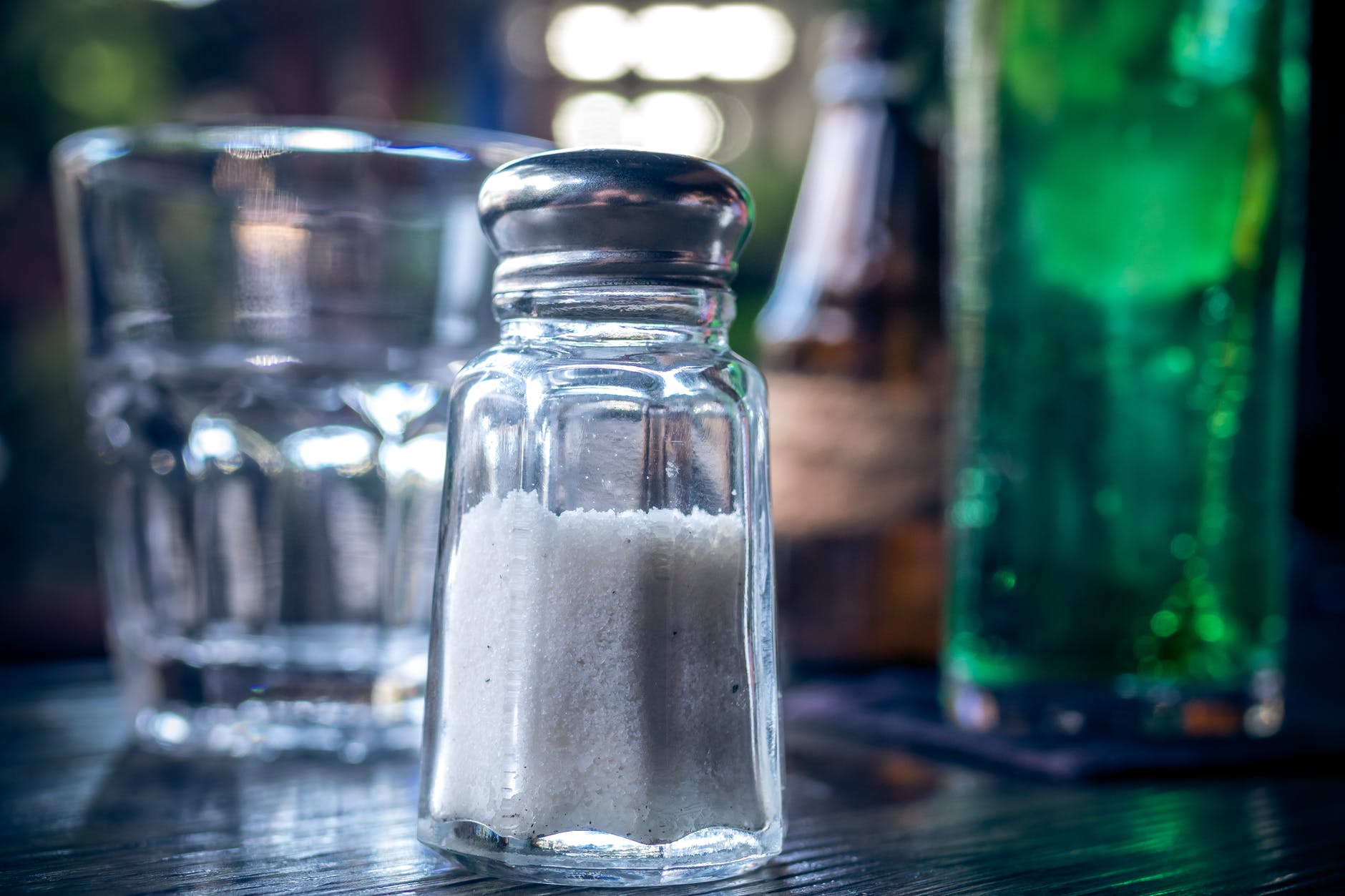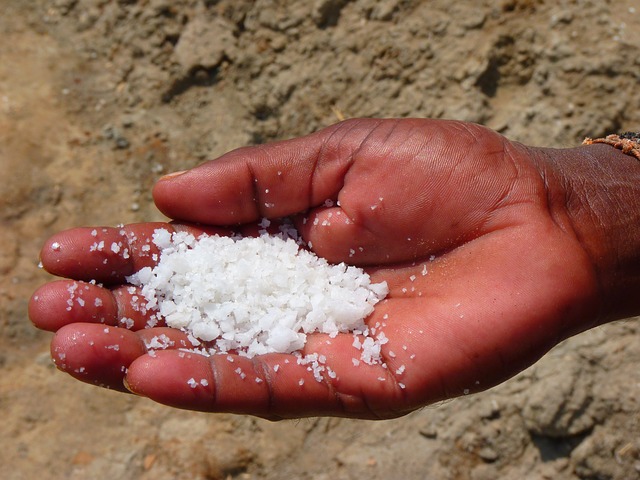Salt is the main ingredient in many foods that are considered bad for your teeth, but the different kinds of manifestations of sodium are also the main ingredient in most toothpaste so it is very hard to discern if salt is bad for your teeth. The relationship between sodium and your oral fauna is a complex one.
Table of Contents

The fauna and flora of your mouth and intestines both like and dislike salt. As a substance, salt is antibacterial, and as a substance, it does not damage your tooth enamel at all. In fact, using a saltwater rinse can help kill bacteria in hard-to-reach places. But the gums and soft tissues do not like salt at all.

The main problem with just salt, and not with salty foods, is that it creates a hostile oral environment. It dries out the mucous membranes, which play an important part in lubricating the soft tissues and gingiva and keep teeth healthy by maintaining a healthy oral environment. With salt, the liquid is taken out of the soft tissues, and this creates a dried-out oral environment.
This is no problem if you drink plenty of water, as this will re-lubricate the area, and the immediate effects of slat will be neutralized. But hypertension will have an effect on teeth as well, as this condition affects the entire immune system. Some problems that may be caused by a diet that is too high in sodium: